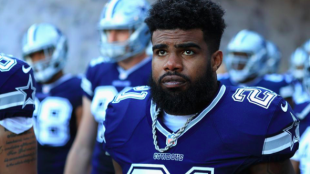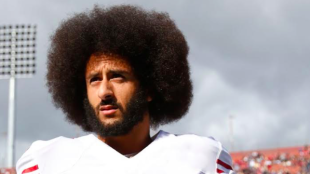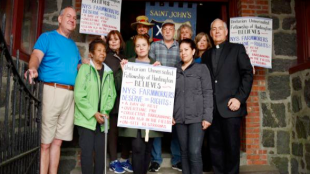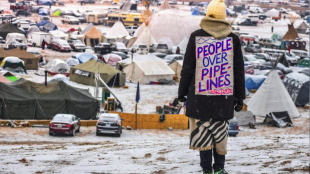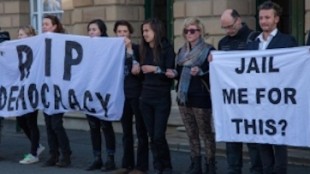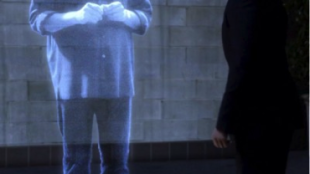Ezekiel Elliot v. The NFL
The National Football League (NFL) has been flooded with off the field controversies this year, including, the ongoing legal battle between the NFL and Dallas Cowboys’ running back, Ezekiel Elliot. On August 11, 2017, the NFL suspended Ezekiel Elliot six games for violating the NFL’s personal conduct policy. This resulted from a year-long investigation by the NFL into domestic violence accusations made against him by Tiffany Thompson, an alleged ex-girlfriend. On August 15th, the NFLPA filed an appeal of the suspension. Roger Goodell, the Commissioner of the NFL chose to appoint Harold Henderson as the arbiter of the appeal hearing. Henderson upheld the suspension, sparking an ongoing legal battle between Elliot and the NFL. On August 31, Ezekiel Elliot’s legal team filed a lawsuit against the NFL in the U.S. District Court of Eastern Texas. Elliot claims that the NFL willingly overlooked critical information in their investigation that shows Thompson’s claims of domestic violence may not be credible. On September 8, the U.S. District Court of Eastern Texas ruled that “Elliot did not receive a fundamentally fair hearing”, and granted a preliminary injunction on the Henderson appeal hearing. Consequently, Elliot has been able to play; however the NFL has filed [read more]

